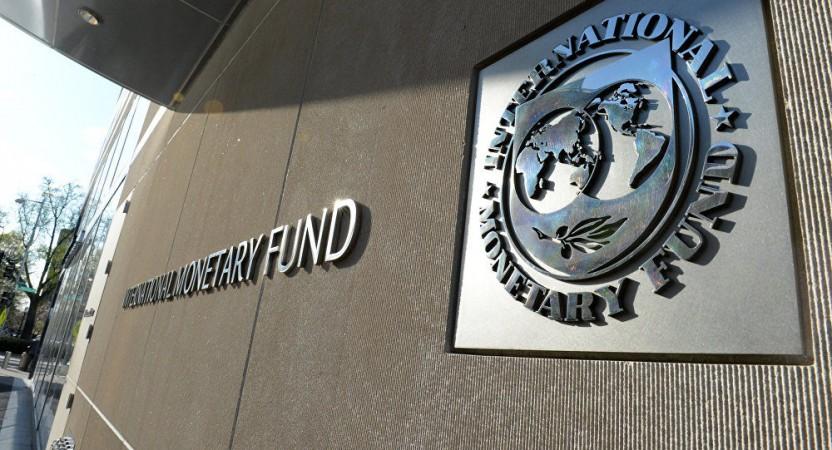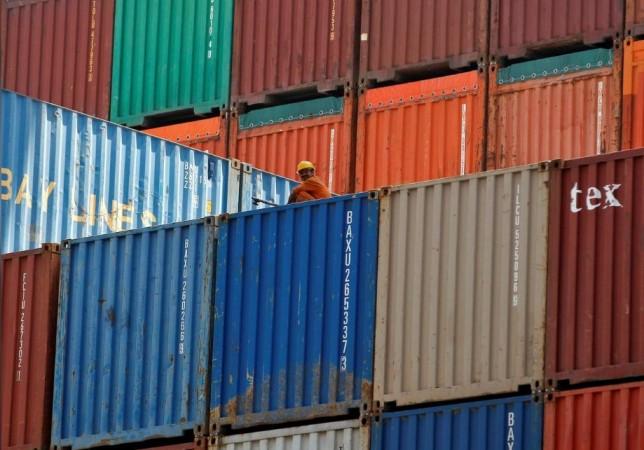
India's recent surprising decision to reduce corporate income tax received the support of the International Monetary Fund which said on Friday that the move has a positive impact on investment.
The funding body went on to say that while this has a positive impact, India should also consider the fiscal consolidation, address it and secure the long-term stability of the fiscal conditions.
"We believe India still has limited fiscal space so they have to be careful. We support their corporate income tax cut because it has a positive impact on investment," Changyong Rhee, Director, Asia and Pacific Department, IMF, told reporters at a news conference in Washington.
Following a marked slowdown in the last two quarters in India, the economy is expected to grow at 6.1 per cent this fiscal year, picking up to 7.0 per cent in 2020, he said.
"The monetary policy stimulus and the announced corporate income tax cut are expected to help revive investment," said the top IMF official.
Anne-Marie Gulde-Wolf, Deputy Director, Asia and Pacific Department, IMF, said India should address the non-bank financial sector issues.
"While there have been improvements that have been put in motion, including efforts to recapitalise the state banks, the issue of non-bank financial institution remains partly unresolved and regulatory equity is one of the issues that needs to be achieved," she said.
The government is aware of it, she added.

"We also had a FSAP. So there are issues working at that and this is something that is why not yet fully achieved, but is entrained. While there are problems at this stage, increased attention to lending practices of non-bank financial institutions continue to be very important," Gulde-Wolf said.
Responding to a question, she said India overall has a fairly high level of debt and fiscal consolidation needs to be a priority.
"However, implementing fiscal consolidation in the context of a federal system is much more complicated. The level of fiscal structural issues and challenges are different in different states," she said.
So one of the ways in which the IMF is engaged in this question is it has a regional training institute that has started working with the individual states on strengthening fiscal management at the state level, Gulde-Wolf said.
In the context of surveillance engagement with India, she said, the IMF is increasingly placing emphasis on the need to better coordinate the fiscal state-level activities and fiscal activities.
"But it is a concern that the authorities are taking serious and are working at," Gulde-Wolf said.
(With inputs from agencies)

















